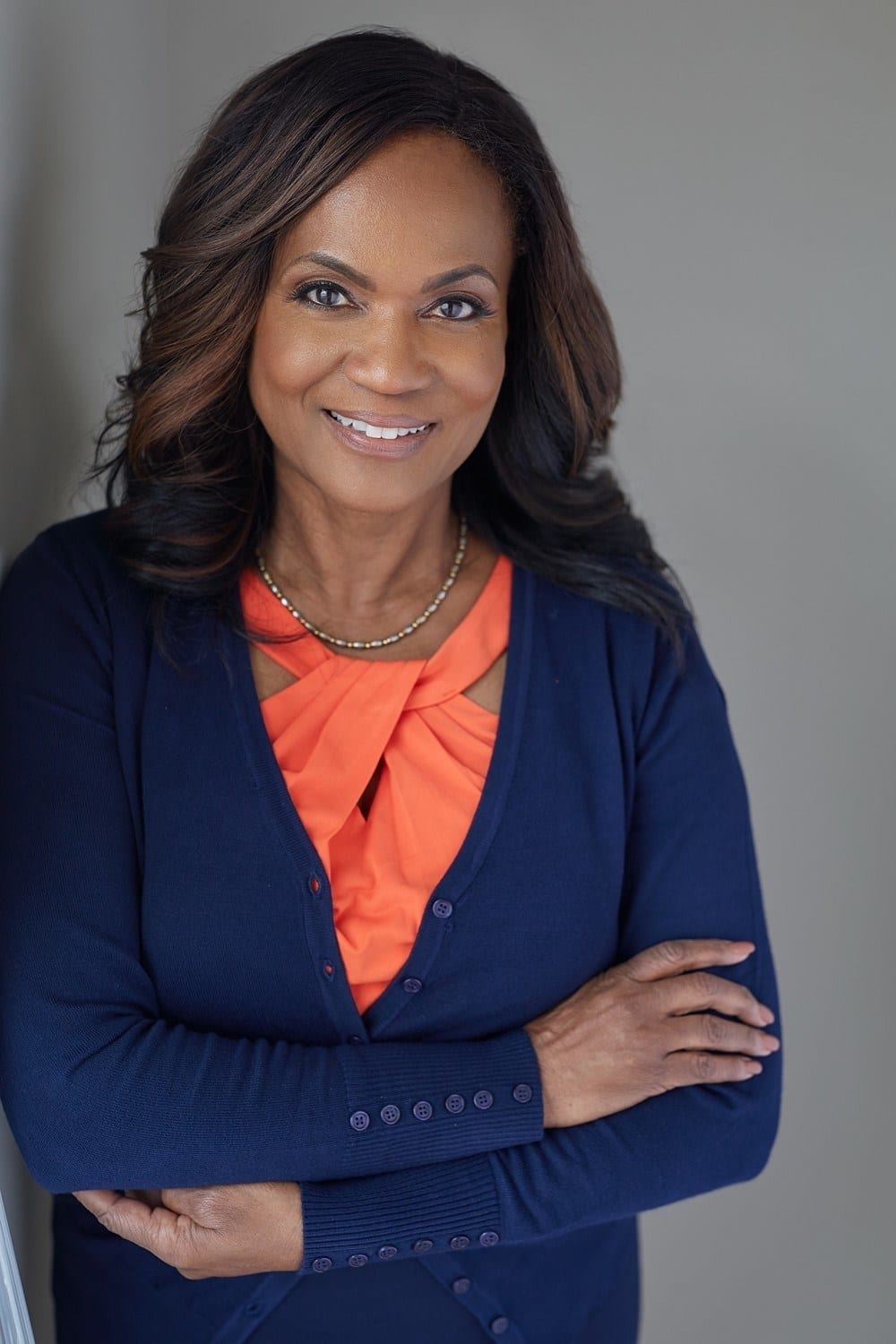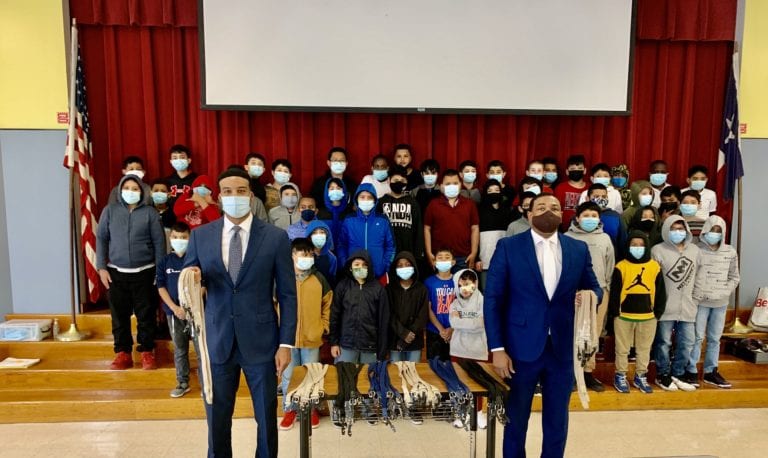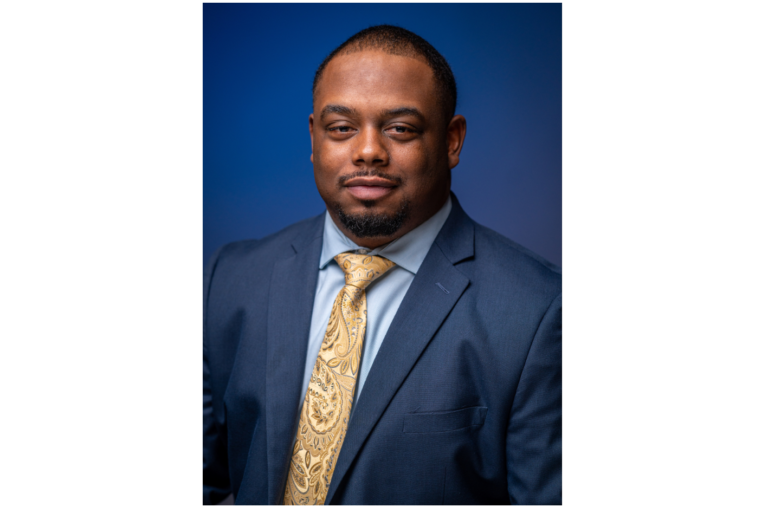Advance Care Planning (ACP) expert and educator, Gloria Thomas Anderson, PhD, LMSW, is urging Black Americans to prepare advance healthcare documents in April—in recognition of National Minority Health Month (NMHM)—and shine light on the importance of formalized end-of-life healthcare decision-making.
Families are weighing the side effects of the COVID-19 vaccines against the potentially deadly impact of having the illness itself, and other factors such as existing chronic illnesses and unforeseen medical emergencies, yet Black Americans are still considerably less likely to participate in informal or formal ACP.
“We’d like to see more people having conversations about end-of-life care plans and emergency healthcare planning,” Dr. Anderson, who survived a sudden near-death experience just one year after writing her ACP resource book, continues, “It’s important to talk about it, and to get your paperwork in order while you can—before you have a need.”
Many people aren’t aware of available end-of-life healthcare options until or unless presented with them in emergency situations when pressure is high and time is of the essence. Circumstances like this can create tension, leading to rush judgment calls and disagreements among family members and medical decisions being made without input from patients, who may be unable to speak for themselves.
“What would your healthcare wishes be if you were no longer able to speak for yourself due to a life-threatening illness or accident? And who would know your wishes?” she asks.
Dr. Anderson is available for interviews. For more information about her CDC-recommended advance care planning resource book, and ACP workshops, visit www.EOLcareguide.org.
About Gloria Thomas Anderson, PhD, LMSW
Dr. Anderson is the author of The African-American Spiritual and Ethical Guide to End-of-Life Care: What Y’all Gon’ Do With Me? and creator of the Let’s Talk About ACP workshop program. She is an Assistant Professor in the School of Social Work at North Carolina State University and founding president of Heart Tones™, a literary arts ministry she began 35 years ago. Her own near-death experience serves as a catalyst to engage diverse individuals in safe and meaningful discussions about important real-life issues, such as end-of-life care, grief, and loss.
SOURCE Gloria Thomas Anderson, PhD, LMSW








